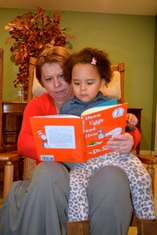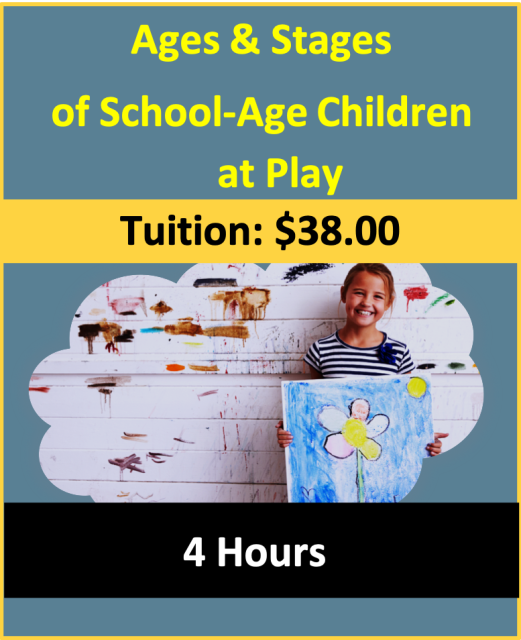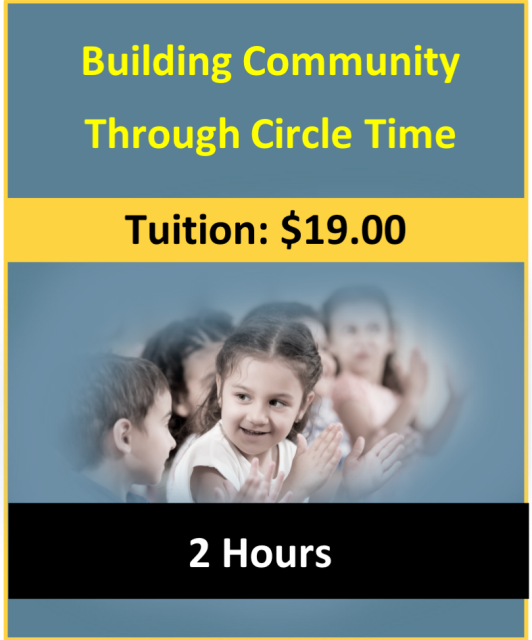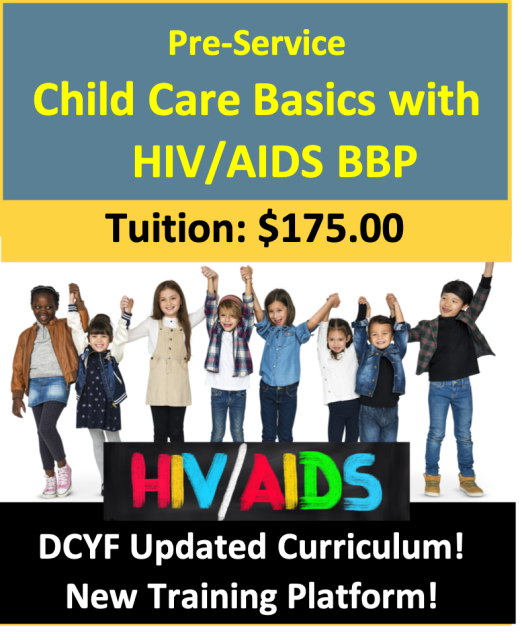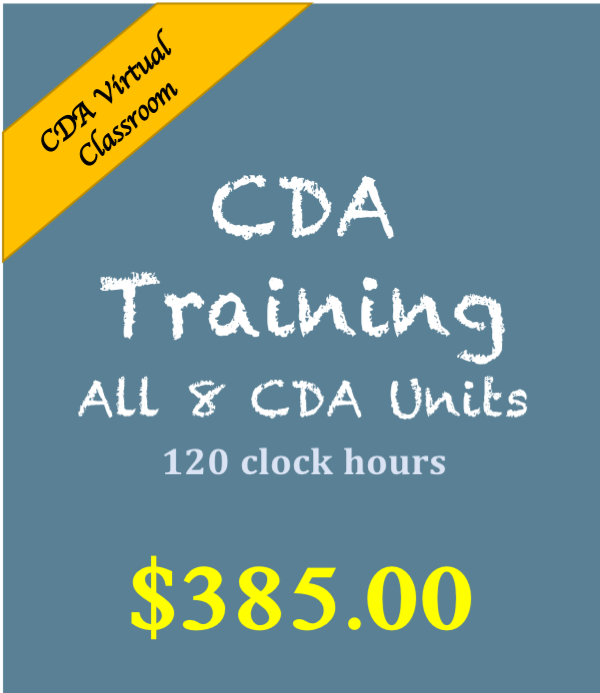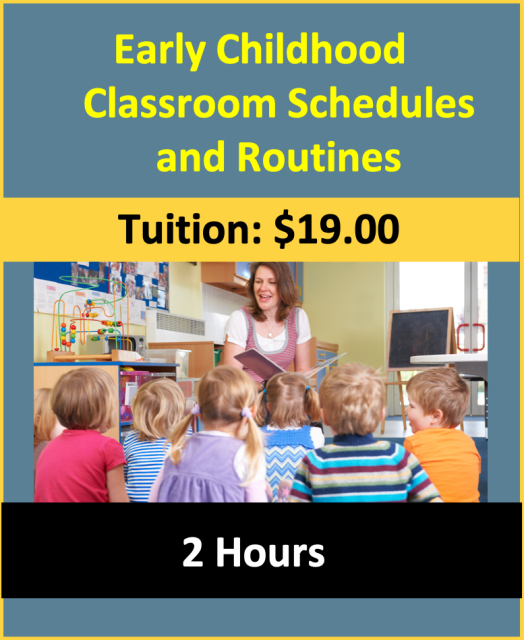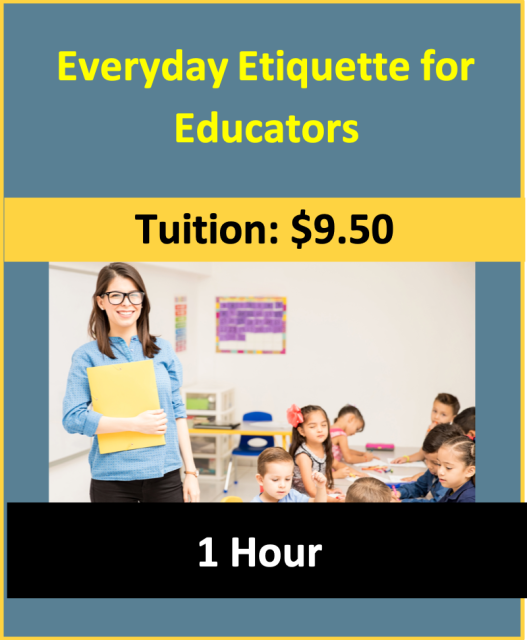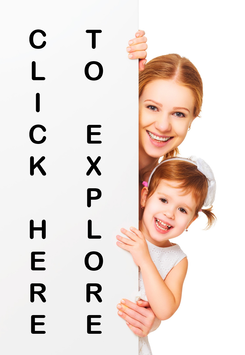From Our Educators
Debra Hasbrook, M.Ed. |
10/17/2014
Children don’t truly understand the difference between fact and fantasy until around six or seven give or take. Even then, they will believe what a trusted adult tells them is the truth, whether it is or not. Toddlers bend the truth to get something (like a cookie) or avoid something (like going to bed). But they don’t really understand that they are doing something wrong. This is the period in which by our actions we teach children what will happen if they tell the truth, or bend it. If your emotions are anger, frustration or punishment a child will use truth bending to protect themselves from the consequences. If you go with it and try to understand why the child is not telling the whole story they will learn that you can help them to learn from their mistake and together come up with a solution. Most lies until the age of seven or eight are about accidental or unintended situations. A preschool child’s imagination is full of adventure, pretend friends and fantasy. They make things up and add detail to stories that may or not be true. This is not lying, it is play and wishful thinking. The more intelligent a child, the more elaborate the stories can become. One afternoon a five year old arrived at childcare and began to tell all the children about his Karate class. He showed the other children his moves along with assorted details about Karate. All of the children were enthralled with his story and at that moment he was king. When his Mother arrived I asked when Billy started Karate. She said he had never taken a class. We let him bask in his glory. Preschool children bend the truth to get something or avoid something. Often we know who did it, but simply want to them to confess. This is counterproductive. Use these situations to teach about logical consequences and why they can trust you to tell you the truth. An example would be if a child writes on the wall and lies about it. Instead of punishing the child, encourage him/her to be accountable and help clean the marks off the wall. Logical consequences and accountability.
|
